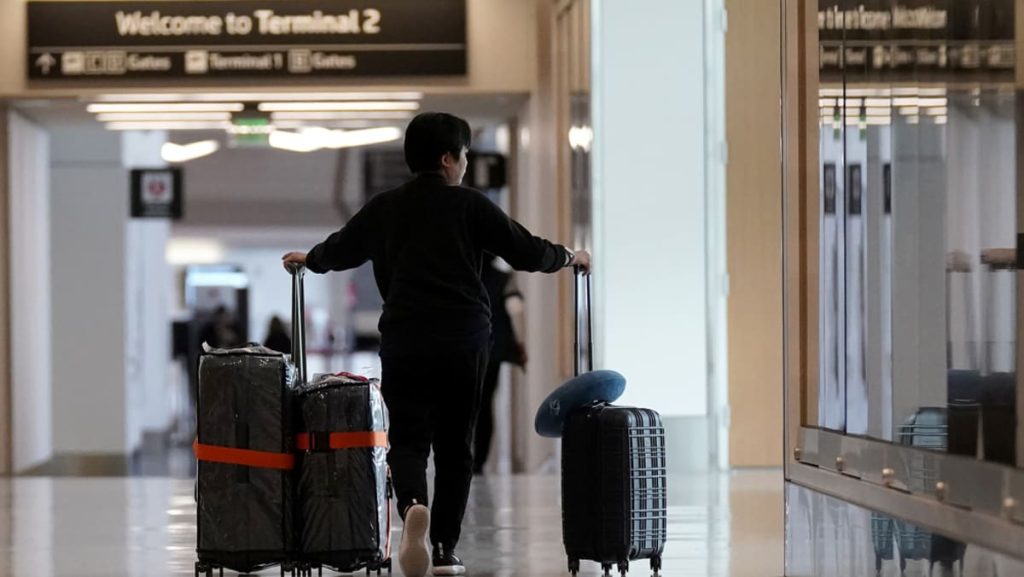Indonesia recently reversed strict curbs on goods brought in or sent back by its migrant workers, less than two months after the measures were put in place. The regulations imposed limits such as two bags per person, two pairs of footwear, and five textile products per person. These limits were lifted on Apr 16 to provide more convenience for those sending goods to their families. The Ministry of Trade stated that the change was a way to honor the contributions of Indonesian migrant workers abroad.
The definition of Indonesian migrant workers includes citizens working outside the country for a wage, whether for a legal employer, individual, or household. Seafarers and fishermen are also included in this definition. Excluded groups are Indonesian citizens who own businesses abroad and workers in Indonesian missions. According to a 2017 World Bank report, there are over nine million Indonesians employed abroad, with the majority being low-skilled workers. The rollback of import measures aims to alleviate burdens on these workers.
The tough import measures were initially put in place to prevent the commercialization of goods brought into the country and ensure that items purchased overseas are for personal use. However, the restrictions also faced criticism, particularly from the head of the Indonesian Migrant Workers Protection Agency. He argued that the measures placed unnecessary burdens on the workers, resulting in their goods being held in customs facilities. Many felt that the restrictions were unfair and impeded the ability of workers to provide for their families.
The reversal of the policy removes constraints on the type or quantity of goods brought or shipped back by Indonesian migrant workers. However, they are still subject to taxes based on the value of the products. Shipments with a customs value of up to US$500 per consignment, with a limit of three deliveries annually (not exceeding US$1,500 per year), are exempt from import duties. Any value beyond that amount is subject to a 7.5% tax. The decision to lift these restrictions aims to support Indonesian migrant workers and acknowledge their important contributions to the country.
The rollback of tough import measures for Indonesian migrant workers was decided upon by various ministries to offer more convenience and fair solutions for those sending goods back to their families. The Ministry of Trade emphasized the valuable role of these workers abroad, referring to them as “foreign exchange heroes”. This change acknowledges the difficulties faced by Indonesian migrant workers in sending goods back home and seeks to provide them with more flexibility in providing for their families. The government’s decision to reverse the restrictions shows a willingness to listen to and address the concerns of its citizens abroad.
Overall, the rollback of the strict curbs on goods brought in or sent back by Indonesian migrant workers reflects a recognition of their valuable contributions and the challenges they face. The move aims to support these workers by providing more flexibility in sending goods back to their families while still imposing taxes based on the value of the products. The decision to reverse the policy highlights the government’s commitment to addressing the needs of its citizens working abroad and ensuring that they are able to provide for their families in a convenient and fair manner.













